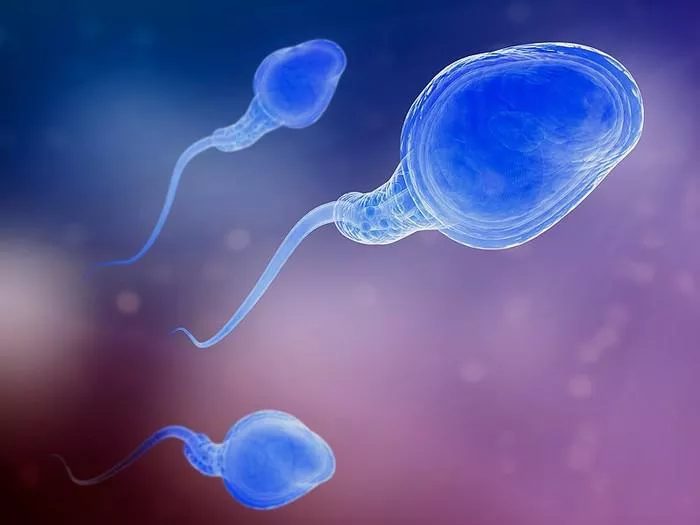One of the most pressing questions for individuals and couples contemplating parenthood is determining the optimal age to start a family. While the decision to have a baby is deeply personal and varies from person to person, there are biological factors at play that can influence fertility. In this article, we’ll explore the concept of the “biological clock,” delve into the impact of age on fertility, and discuss why certain ages may pose greater challenges when it comes to conceiving.
The Biological Clock: Tick-Tock, Tick-Tock
The concept of the biological clock is often likened to a ticking time bomb, symbolizing the finite window of fertility that individuals have. Picture it as a countdown timer – with each passing year, the window of opportunity for conceiving narrows, making it increasingly difficult to achieve pregnancy. The biological clock is influenced by a variety of factors, including genetics, lifestyle choices, and overall health.
Fertility Peaks and Valleys: Understanding the Trends
Research has shown that fertility tends to peak in the late teens and early twenties, gradually declining as individuals enter their late twenties and early thirties. Picture it as a mountain with a peak – fertility reaches its highest point in the early years, then gradually descends as individuals age. By the age of 35, fertility declines more significantly, with a sharper drop-off occurring after the age of 40. While fertility declines with age for both men and women, the decline is more pronounced in women due to the finite number of eggs they are born with.
The Challenge of the Thirties: Balancing Career and Family
For many individuals and couples, the thirties represent a challenging period when it comes to fertility. Picture it as walking a tightrope between career aspirations and family planning – finding the right balance can be a delicate dance. In their thirties, many individuals are focused on establishing their careers, furthering their education, or pursuing other personal goals, which can delay decisions about starting a family. However, as fertility declines with age, delaying parenthood into the late thirties can pose challenges when it comes to conceiving naturally.
Navigating the Forties: Facing the Realities of Age
As individuals enter their forties, the challenges of age and fertility become more pronounced. Picture it as climbing a steep hill – the path becomes increasingly arduous, with obstacles at every turn. By the age of 40, women may experience a significant decline in fertility, as well as an increased risk of pregnancy complications such as miscarriage, chromosomal abnormalities, and gestational diabetes. While it’s still possible to conceive in your forties, the likelihood of success diminishes, and fertility treatments may be necessary to achieve pregnancy.
The Reality of Advanced Maternal Age: Understanding the Risks
Advanced maternal age, typically defined as pregnancy after the age of 35, comes with increased risks for both mother and baby. Picture it as navigating through rough waters – while the journey may be fraught with challenges, reaching the other side is still possible with careful navigation. Women of advanced maternal age are at higher risk for pregnancy complications such as high blood pressure, preeclampsia, and gestational diabetes. Additionally, the risk of chromosomal abnormalities such as Down syndrome increases with maternal age, requiring additional testing and monitoring during pregnancy.
Conclusion:
In conclusion, while there is no one-size-fits-all answer to the question of when is the hardest age to have a baby, it’s important to understand the biological factors at play. Picture it as a puzzle with many pieces – each individual’s fertility journey is unique, influenced by a variety of factors including age, health, and lifestyle choices. While fertility declines with age, there are still options available for individuals and couples looking to start a family later in life, including fertility treatments such as in vitro fertilization (IVF) and egg freezing.
[inline_related_posts title=”You Might Be Interested In” title_align=”left” style=”list” number=”6″ align=”none” ids=”1817,1820″ by=”categories” orderby=”rand” order=”DESC” hide_thumb=”no” thumb_right=”no” views=”no” date=”yes” grid_columns=”2″ post_type=”” tax=””]
























